
"Bach is the essence of music." - Pablo Cassals
The undisputed master of the Baroque Period, and usually considered one of the greatest composers of all time, is Johann Sebastian Bach. He was born in Eisenach, a small city in the Holy Roman Empire, in 1685, the youngest of eight children. His parents died when he was ten years old, but his musical training had already begun and was continued by his family.
He worked at a number of churches throughout Germany, eventually gaining some fame for his skill as an organist. In 1723, he became the music director at St. Thomas Lutheran Church in Leipzig, a position which he held for twenty-seven years, and for which he is primarly remembered. At St. Thomas he was able to compose freely, writing both sacred and secular music. Eventually he was also appointed court composer to Augustus, the Elector of Saxony and King of Poland. In 1747, he met Frederick II, King of Brandenburg-Prussia, whom he impressed by improvising a series of fugues ("A Musical Offering") on a theme the king himself provided.
Bach was remembered primarily as an organ composer until a great revival of interest in his life and work during the ninteenth century, led largely by Felix Mendelssohn. Today, his legacy is notable for his choral music, especially cantatas (which, like oratorios, use the musical forms of opera to explore a sacred hymntune) and chorales, his fugues, his concerti, and sonatas, which are similar to concerti but with a solo instrument or solo instrument and keyboard instead of an orchestra.
In Bach's music, the various styles and techniques of the Baroque Period reached their apotheosis. Especially in his cantatas and passions, he combined the chorale style of the Reformation with the polyphonic textures of the Counter-Reformation and counterpoint of the concerti written by Vivaldi and Corelli, masterfully directing every available technique to the service of the profound religious messages at the heart of his work. Johann Sebastian Bach is the fulcrum on which heart and mind, emotion and intellect, passion and reason find their perfect balance. To this day, he is univerally considered among the greatest composers of all time.
Little Fugue in G Minor (1705)
Cello Suite No. 1 (1717)
The Brandenburg Concerti (1721)
St. Matthew Passion (1727)
Double Violin Concerto (1731)
Wachet Auf, Ruft Uns die Stimme (1731)
Ricercar a 6 from A Musical Offering (1747)
Kyrie from Mass in B Minor (1749)
Vor deinen Thron tret' ich hiermit (1750)